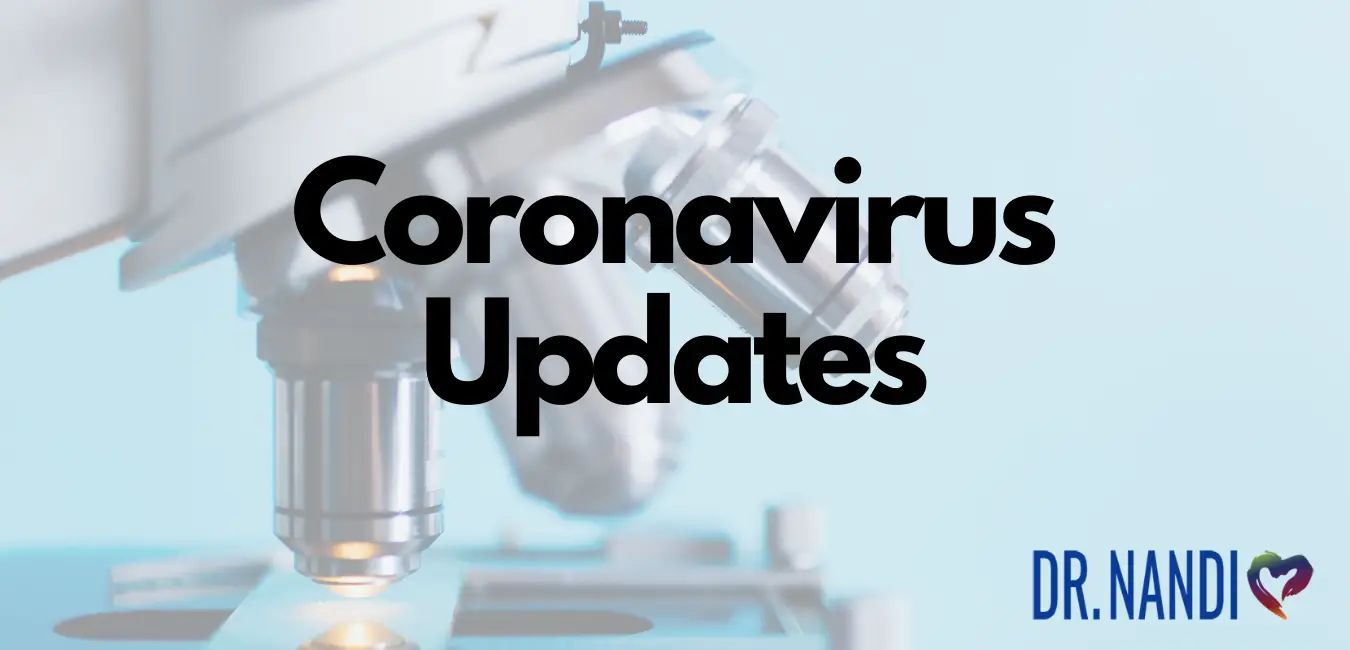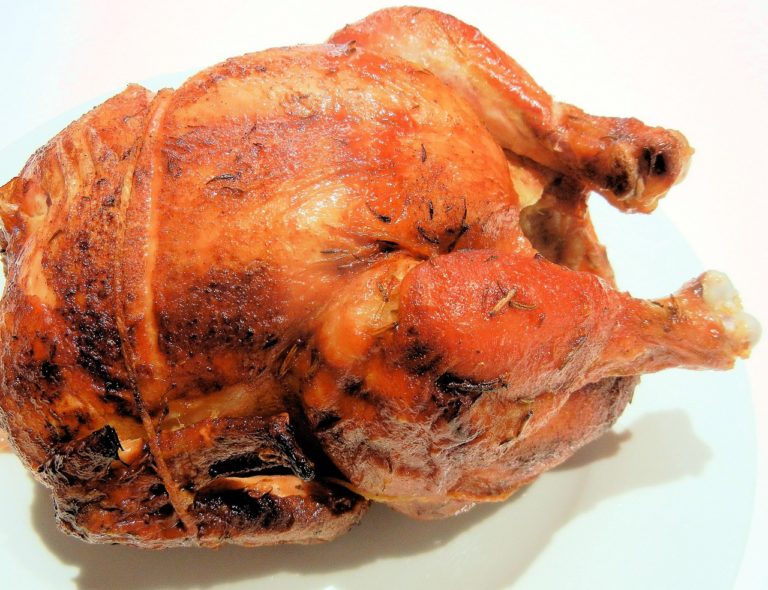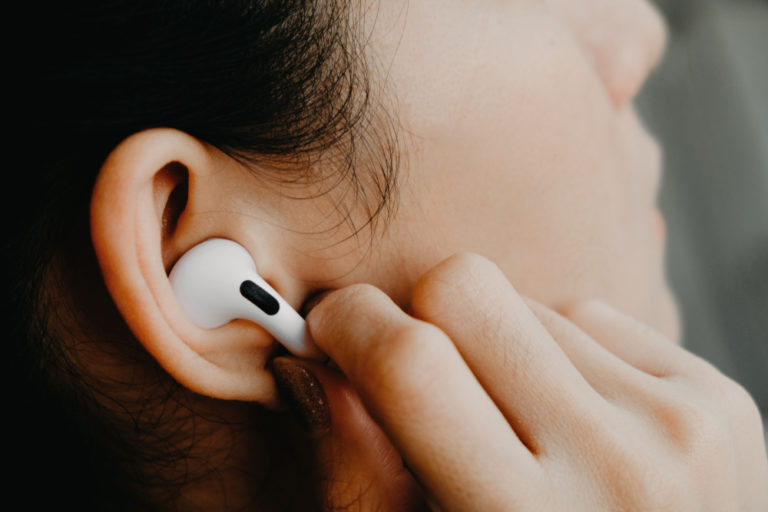Coronavirus, or COVID-19, was first disclosed to the World Health Organization (WHO) on New Year’s Eve, 2019, after a spate of respiratory illness cases in Wuhan City, China. The WHO declared it a global health emergency on January 30, 2020, and by March 11, 2020, it was announced as a pandemic.
The virus has since spread to every country, with over 281 million cases and more than 5 million deaths attributed to Covid-19 as of December 28, 2021. (1, 2)
What Is COVID-19, And What Are Coronaviruses?
Coronaviruses (CoV) are a large classification of viruses that cause illnesses ranging from the common cold to severe diseases. Of the many different types of coronaviruses, some cause mild (nose, throat, lung) cold-like symptoms, while others are more damaging to health, causing severe respiratory problems. COVID-19 is spread through droplets in the air as virus particles are released through an infected person when they talk, breathe, sneeze or cough. The virus is prevalent in indoor spaces with poor ventilation or in areas where people gather in larger groups. (3)
Avoiding areas where contagion may be more prevalent is essential in the fight against the virus. Looking after your health and wellbeing can also minimize or lessen symptoms should you test positive. Our Physician Checklist can guide you towards a better lifestyle, strengthen your immune system and help fight disease and infection.
New Strains And Variants
Coronaviruses such as COVID-19 are constantly evolving; thousands of mutations have occurred in the virus since the beginning of the pandemic. The vast majority of the mutations are too small or unimportant to be worth consideration, with just a tiny minority being of any significance. To date, there have been five notable variants of the current virus. These are known as variants of concern and are: (4)
- Alpha: First detected in England
- Beta: Initially recorded in South Africa
- Gamma: Originated in Brazil
- Delta: First reported in India
- Omicron: Confirmed first in South Africa
As a new variant of the virus evolves, it is often the case that it will take over any previous or older strains, enabling the virus to survive and thrive as vaccines and the human immune system fight the disease. New variants of COVID-19 are not necessarily more deadly though they may be more infectious, thus enabling the virus to spread quickly throughout the population. Nevertheless, a faster-spreading virus could cause more infections, increasing the likelihood of hospitalization with adverse reactions. (4)
CDC List Of Updated COVID-19 Symptoms
As the virus continues to change, so will the list of symptoms and cautioning indicators. Knowing the warning signs of COVID-19 will enable a person, who may be infected, to seek early treatment and isolate themselves to prevent the risk of spreading the disease to others.
Here is the current list of symptoms as published by the Centers for Disease Control and Prevention (CDC):
- Fever or chills
- Cough
- Shortness of breath or difficulty breathing
- Fatigue
- Muscle or body aches
- Headache
- New loss of taste or smell
- Sore throat
- Congestion or runny nose
- Nausea or vomiting
- Diarrhea (5)
In the case of the new Omicron variant, the following symptoms seem to be more prominent, while loss of taste or smell is less common:
- Cough
- Fatigue or tiredness
- Congestion and runny nose
Unusual Or Unconfirmed Symptoms Of COVID-19
There have been some reports of unusual symptoms of COVID-19. Two such symptoms are “COVID toes” and “COVID tongue”. Both produce lumps, inflammation, or swelling along with a burning sensation. Body rash or inflammation, such as those mentioned above, is a reaction as your immune system fights against the virus. COVID toes are reportedly more common in children or young adults. (6, 7, 8)
Other indicators that may be related to COVID are:
- Confusion: Usually in older adults.
- Conjunctivitis or eye problems are lesser-known health issues linked to COVID-19.
Home Care And When To Seek Medical Attention
If you have any of the symptoms listed above or think you may have contracted or have tested positive for COVID-19, the CDC recommends you self-isolate at home for a minimum of five days, followed by five days of wearing a mask around others. If you are caring for others at home, make sure the person who is sick carries out the following protocols:
- Stay at home
- Drink plenty of fluids
- Rest at regular intervals throughout the day
- Arrange for groceries to be delivered
- Limit contact with other household members, and pets
For many people who have contracted COVID-19, symptoms usually last a few days, and they will start to feel better after about a week.
If symptoms persist, worsen, or if the person is older or has underlying health problems, call a doctor or seek medical assistance immediately. (9)
The CDC recommends seeking emergency medical care if someone has the following warning signs:
- Trouble breathing
- Persistent pain or pressure in the chest
- New confusion
- Inability to wake or stay awake
- Pale, gray, or blue-colored skin, lips, or nail beds, depending on skin tone
Protecting Yourself, And Others
As the pandemic continues to wreak havoc worldwide, everyone must play their part to protect themselves and others. New strains and variants will appear along with new symptoms, while older variations and some symptoms may fade away or lessen. At present, vaccination, social distancing, and wearing a protective face shield are still the best ways to protect yourself from infection and hospitalization. Government health departments around the globe are reaffirming the need to vaccinate and have a booster shot six months after the second dose or two months after a single dose (Johnson & Johnson).
Some research suggests a person who has recovered from COVID-19 has a degree of natural immunity. However, they should still be vaccinated, and those that have done so, it is claimed, have a kind of super-immunity, and protection may last longer than vaccination alone. (10)
Maintaining A Healthy Lifestyle
Boosting your overall health and immune system through diet and exercise will also add a degree of protection against viruses such a COVID-19. Certain foods rich in nutrients, vitamins, and minerals can increase defenses against respiratory viral infection, while exercise can enhance the immune system. (11,12)
For more information on how you can improve your health during the current pandemic, both now and in the future, download our Physician Checklist.
Sources
- https://www.euro.who.int/en/health-topics/health-emergencies/coronavirus-covid-19/novel-coronavirus-2019-ncov
- https://covid19.who.int/
- https://www.hopkinsmedicine.org/health/conditions-and-diseases/coronavirus
- https://www.hopkinsmedicine.org/health/conditions-and-diseases/coronavirus/a-new-strain-of-coronavirus-what-you-should-know
- https://www.cdc.gov/coronavirus/2019-ncov/symptoms-testing/symptoms.html
- https://www.health.com/condition/infectious-diseases/coronavirus/covid-tongue-swollen
- https://www.health.com/condition/infectious-diseases/coronavirus/covid-toes
- https://www.mayoclinic.org/diseases-conditions/coronavirus/expert-answers/coronavirus-unusual-symptoms/faq-20487367
- https://www.cdc.gov/coronavirus/2019-ncov/if-you-are-sick/care-for-someone.html
- https://www.usatoday.com/story/news/health/2021/10/19/natural-infection-vaccination-which-protects-better-against-covid/6034141001/
- https://pubmed.ncbi.nlm.nih.gov/32872374/



















